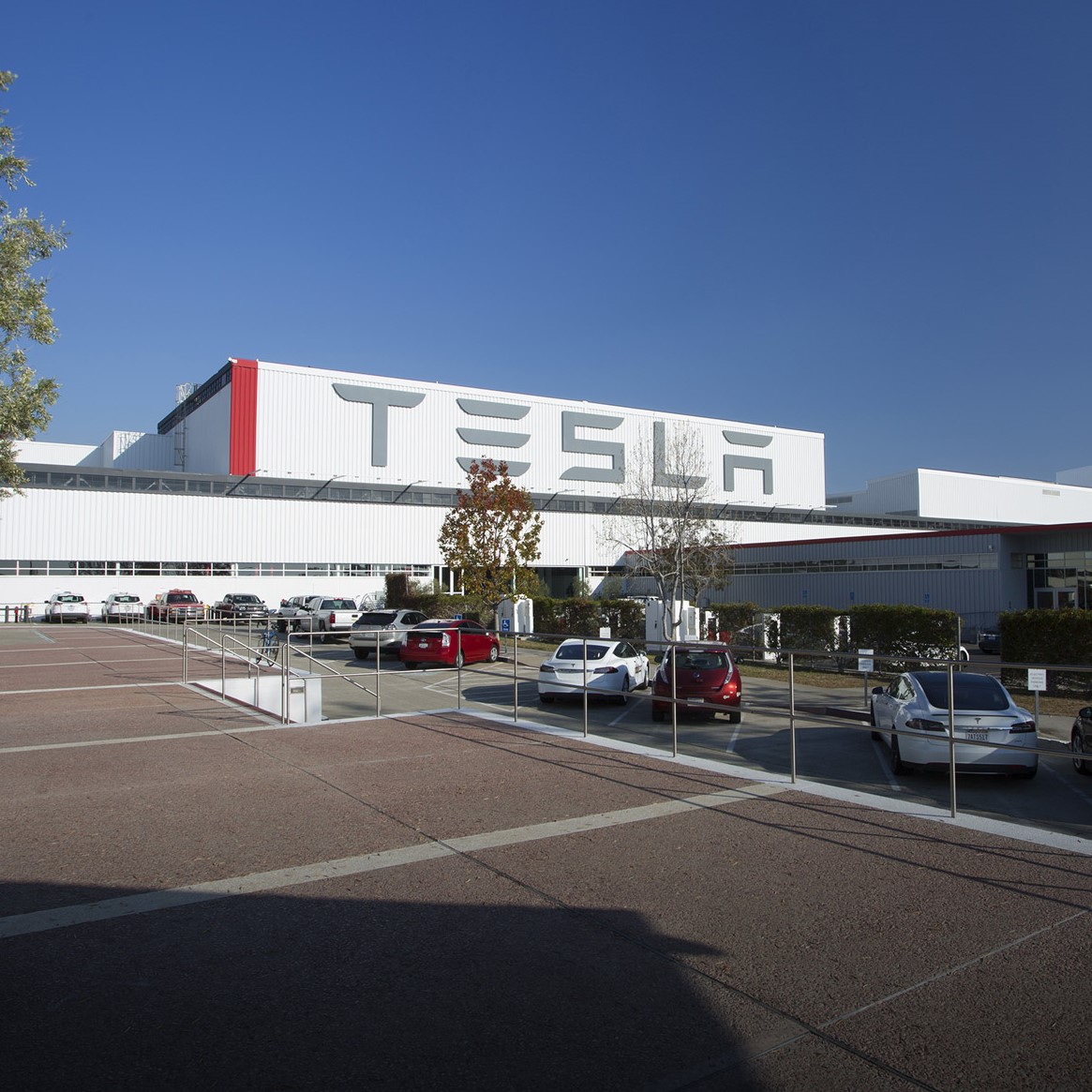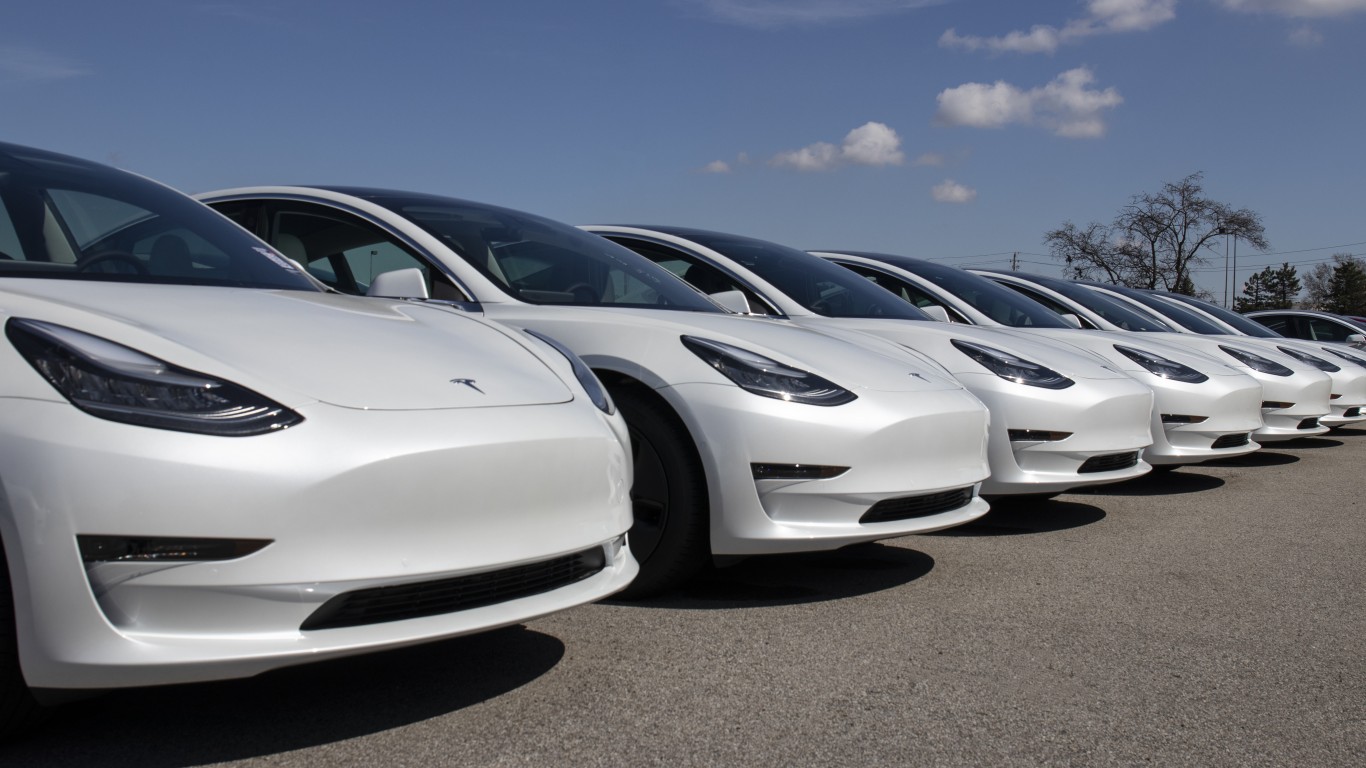
When Tesla Motors Inc. (NASDAQ: TSLA) reported earnings last week, the electric car maker posted an adjusted diluted loss per share loss of $0.57 on adjusted revenues of $1.48 billion, compared to consensus estimates calling for a per-share loss of $0.58 and $1.6 billion in revenues. Shares jumped around 6% in the after-hours session and then opened about 2.7% higher the next morning.
By Friday’s close, however, the shares had dropped 3.4% compared with the closing price just before Tesla reported earnings. For the most part, though, analysts remained bullish on the stock, primarily because the company said it will accelerate its plan to produce half a million vehicles by 2018, two years ahead of its previously announced target date. The company expects to deliver fewer than 100,000 vehicles this year, and ramping to 500,000 in just two more years is awfully aggressive.
Probably too aggressive for analysts at Merrill Lynch, which has maintained an Underperform rating on the company since 2013 and has a price target of $155 a share. The firm said that the new, “loftier targets further postpone cash realization” and wondered if free cash flow will ever materialize. Then the analysts gave their rationale:
We view Tesla as a trailblazer in the electric vehicle market and believe the company could be successful as demand for alternative drivetrains accelerates in the years ahead. However, we continue to expect both consumer pull and regulatory push for auto fuel efficiency to be met primarily with downsized, turbocharged internal combustion engines on lighter frames. Therefore, in our view, electric vehicles could remain more niche than mainstream over the foreseeable future.
S&P Global also reiterated its Sell rating and $155 price target with this note of caution:
TSLA’s accelerated plan to deliver 500,000 vehicles by ’18 should be positive for the pace of profit growth, if it can be achieved. While pre-orders suggest demand could be there, with recent executive departures and more competitive offerings, this may be tough to achieve. We also think TSLA will now likely [to] need outside funding to support its objectives.
We saw no ratings changes, but price targets got a boost from several other firms:
- Baird raised its price target from $300 to $338 and has an Outperform rating on the stock.
- Deutsche Bank boosted its price target to $290 with a Hold rating.
- Goldman Sachs lifted its price target from $245 to $250 with a Neutral rating.
- JPMorgan raised its price target from $170 to $185.
- Oppenheimer raised its price target from $340 to $385.
- RBC upped its price target from $180 to $252 with a Sector Perform rating.
- UBS raised its price target from $140 to $160 with a Sell rating.
Tesla’s stock closed Friday at $214.93, in a 52-week range of $141.05 to $286.65. The consensus price target on the stock is $263.07, but all these changes may not have been included yet in the calculation. The high target is $500 and the low target is $90.
Thank you for reading! Have some feedback for us?
Contact the 24/7 Wall St. editorial team.
 24/7 Wall St.
24/7 Wall St.


